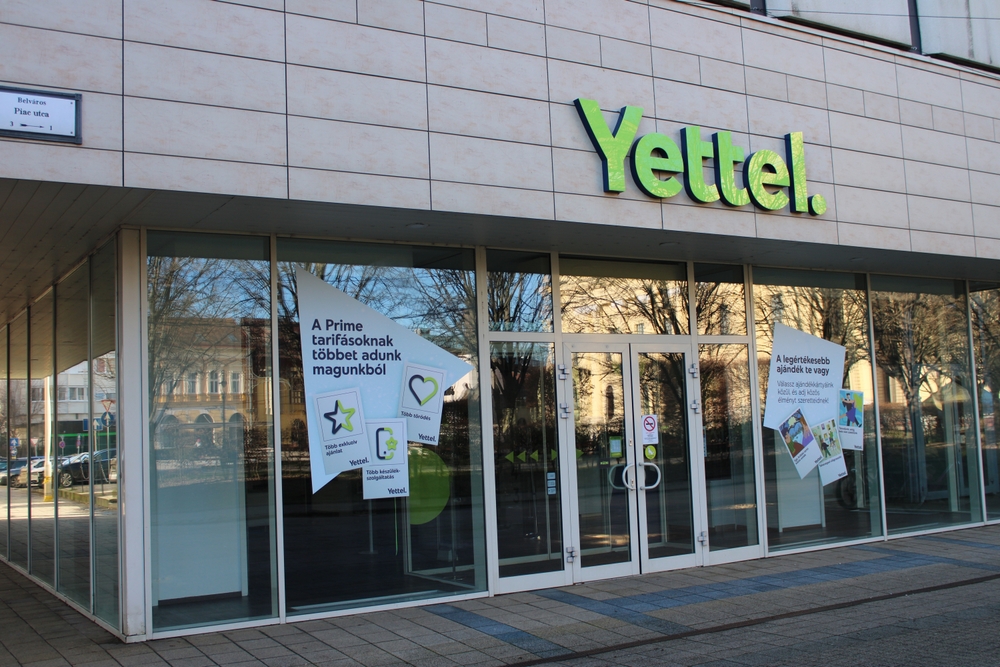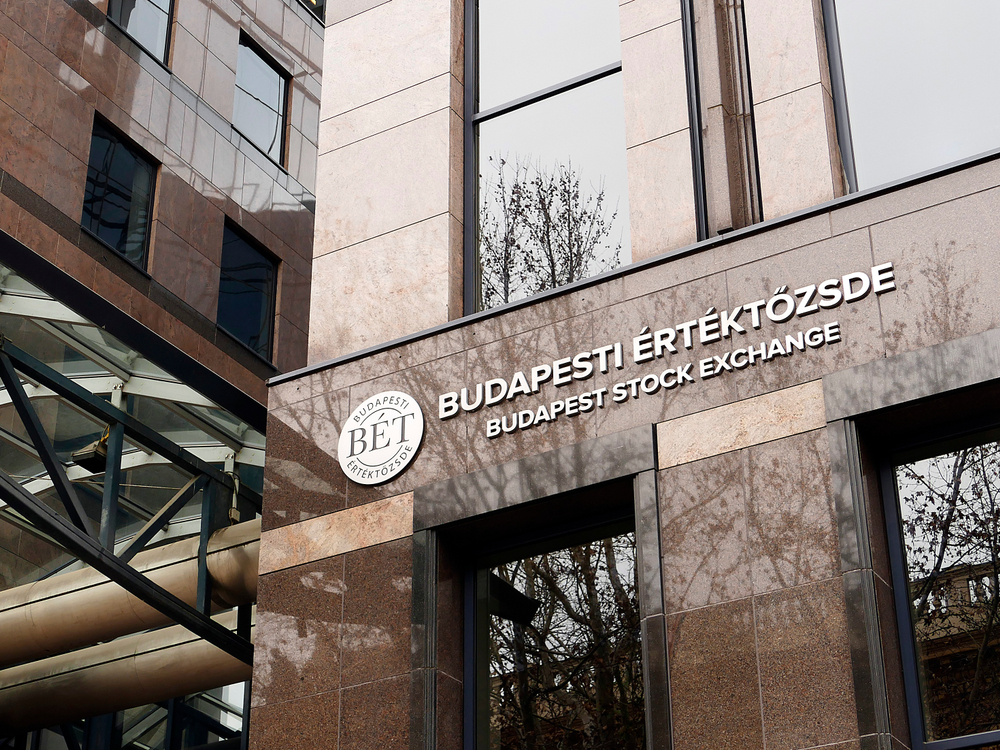State of Emergency Brought to an End

Parliament unanimously approved the proposal to lift the state of emergency ordered by the government on March 11 due to the coronavirus epidemic and approved related legislation on transitional rules and epidemiological preparedness, according to state news agency MTI.
The proposal was submitted by the Prime Minister’s Chief of Staff Gergely Gulyás, who said the state of emergency could be lifted as early as midnight on June 17 (i.e. just after this issue went to print).
The efforts the government has undergone to achieve this end are not insubstantial, it says. Due to the epidemic control and economic protection measures, the central subsystem of public finances closed with a deficit of HUF 324.1 billion in May, bringing the overall deficit to HUF 1.051 trillion for the first five months of this year, the Ministry of Finance said in its preliminary report.
By the end of April this year, purchases of medical devices related to the coronavirus epidemic amounted to nearly HUF 400 bln. Of the HUF 359.2 bln paid out of the balance sheet to foreign missions, HUF 328.1 bln was for the procurement of medical equipment directly related to COVID-19. In addition, HUF 53.1 bln was also booked at the State Healthcare Center as the cost of equipment purchases related to the virus.
Despite these efforts, the economy still struggled significantly; the volume of industrial production and retail trade turnover in April fell by 36.8% and 10.2% respectively, according to the Central Statistical Office (KSH).
Due to the epidemic, a third of Hungarians said they were more willing to postpone a larger investment, but at the same time the majority have continued to pay their loans, writes Világgazdaság (Global Economy, the leading conservative economic daily), citing Cofidis’ latest representative research conducted in May.
Loan Moratorium
By the beginning of June this year, 65.5% of retail debtors and 79% of corporate customers had decided to use the moratorium on loan repayments introduced on March 19, the National Bank of Hungary (MNB) wrote in a statement, affecting HUF 3.855 tln of the total HUF 6.796 tln household loan portfolio entitled to the moratorium, and HUF 5.208 tln of the total HUF 9.692 tln corporate loan portfolio.
As a consequence, the credit institution sector achieved a profit after tax of just over HUF 20.5 bln in the first quarter of 2020, a fraction of the HUF 134.8 bln earned a year earlier. However, signs of improvement are also appearing, with a survey of 1,000 SMEs indicating an improvement in the drop in demand from 72% in April to 64% in May, and GKI’s consumer confidence index rising from -38.5 in May to -32.8 in June.
With the first wave of the coronavirus waning in Hungary, many forecasts have been made about its economic recovery prospects. Cambridge Econometrics expects a 3.2% decline in GDP in Hungary due to the shock caused by the coronavirus, which is lower than the global impact and could be reduced to as much as 2.9% by government measures, according to Forbes.hu.
According to the World Bank in its latest report, the economic downturn in Hungary could be 5% this year, which is an eight percentage point difference from its January forecast, but could rise to a 4.5% increase next year.
The OECD projects Hungary’s economy will contract 8-10% this year, depending on whether a second outbreak of the novel coronavirus occurs towards the end of the year, according to state news agency MTI. The OECD puts the contraction at 8% in a “single-hit scenario” and at 10% in a “double-hit scenario.”
SUPPORT THE BUDAPEST BUSINESS JOURNAL
Producing journalism that is worthy of the name is a costly business. For 27 years, the publishers, editors and reporters of the Budapest Business Journal have striven to bring you business news that works, information that you can trust, that is factual, accurate and presented without fear or favor.
Newspaper organizations across the globe have struggled to find a business model that allows them to continue to excel, without compromising their ability to perform. Most recently, some have experimented with the idea of involving their most important stakeholders, their readers.
We would like to offer that same opportunity to our readers. We would like to invite you to help us deliver the quality business journalism you require. Hit our Support the BBJ button and you can choose the how much and how often you send us your contributions.









